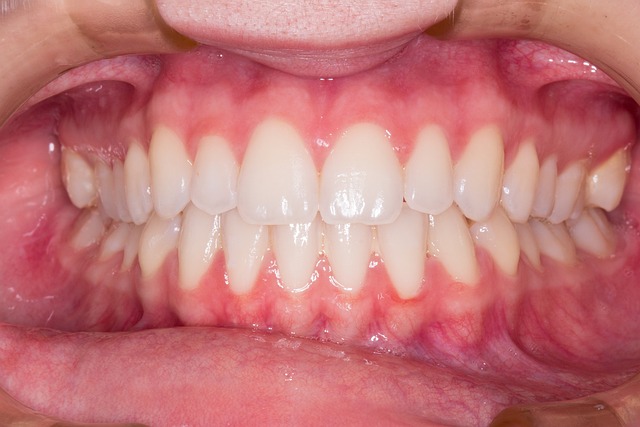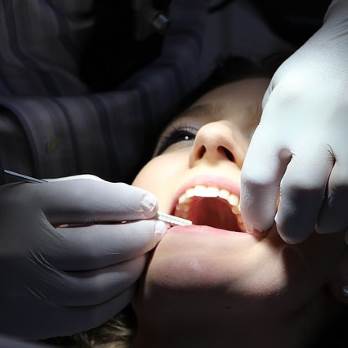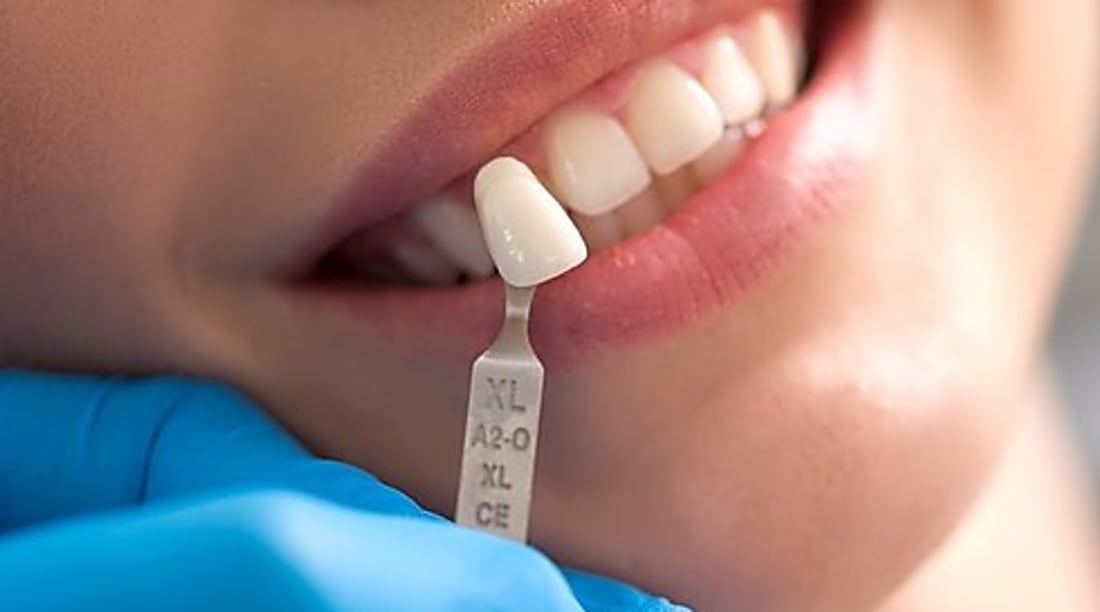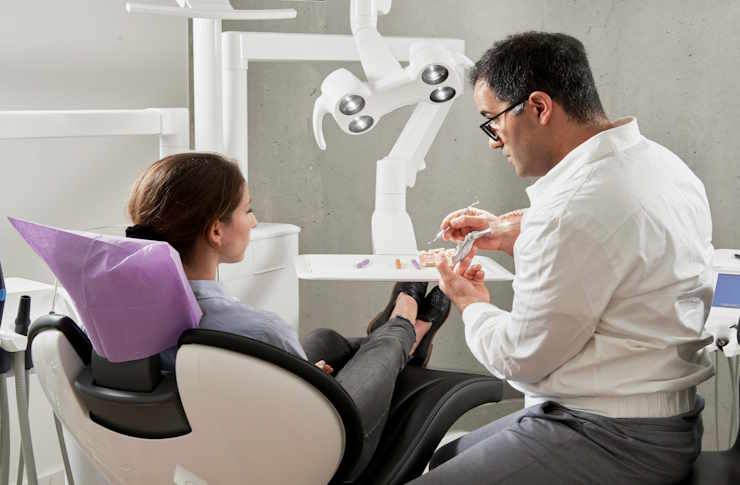Screwless Dental Implants and What They Might Cost
Screwless dental implants offer a different attachment method that may affect comfort and long-term fit. This overview looks at how pricing can vary with full mouth options the pros of screwless models and what to consider when comparing permanent dental implant costs.

What Are Screwless Dental Implants?
Screwless dental implants, also known as friction-fit or snap-on implants, use innovative attachment mechanisms instead of traditional screws to secure the prosthetic tooth to the implant base. The most common type employs a conical connection system where the abutment is secured through friction and pressure rather than screws. This design offers several advantages, including reduced microgaps between components which can harbor bacteria. Additionally, the absence of screws eliminates the screw access hole typically visible on the chewing surface of traditional implant crowns, resulting in better aesthetics and structural integrity of the prosthetic tooth.
Understanding the Cost of Full Mouth Dental Implants
Full mouth dental implant rehabilitation represents a significant investment in oral health. This comprehensive treatment typically involves replacing most or all teeth in one or both arches using multiple implants to support fixed bridges or removable overdentures. The cost of full mouth dental implants generally ranges from $20,000 to $50,000 per arch, with variations depending on several factors including geographic location, dentist expertise, materials used, and the specific implant system selected. Screwless systems may add a premium to this baseline cost due to their specialized components and technical demands.
Pros of Screwless Implants Explained
Screwless dental implants offer several distinct advantages over their traditional counterparts. First, their design often creates a more secure seal between the implant components, potentially reducing bacterial infiltration and the risk of peri-implantitis (inflammation around the implant). Second, without screw access channels, the prosthetic teeth maintain complete structural integrity, which can enhance their durability and aesthetic appearance. Third, many patients report improved comfort as there are no protruding components or access points that might irritate soft tissues. Finally, maintenance can be simpler without the need to access and retighten screws periodically, although professional monitoring remains essential.
Permanent Dental Implants Cost Details
The investment in permanent dental implants varies significantly based on several key factors. A single tooth screwless implant typically ranges from $3,000 to $6,000, including the surgical placement, components, and final restoration. For patients requiring preliminary procedures such as bone grafting, sinus lifts, or extractions, additional costs of $500 to $3,000 per procedure may apply. Laboratory fees for custom prosthetics can also influence the final price, with premium materials like zirconia adding $250 to $800 per tooth compared to standard options. Most dental practices offer financing plans to help manage these expenses over time.
Comparing Affordable Implants Prices
When evaluating implant options, understanding the complete price structure helps identify true value rather than just initial costs. Different providers and implant systems vary not only in price but also in warranty coverage, component quality, and expected longevity.
| Implant Type | Average Cost (Single Tooth) | Average Cost (Full Arch) | Typical Warranty |
|---|---|---|---|
| Traditional Screw-Retained | $3,000-$4,500 | $20,000-$35,000 | 5-10 years |
| Screwless System (Standard) | $3,500-$5,000 | $24,000-$40,000 | 5-15 years |
| Premium Screwless (Zirconia) | $4,000-$6,000 | $30,000-$50,000 | 10-lifetime |
| Mini Implants | $1,000-$2,500 | $10,000-$25,000 | 1-5 years |
| All-on-4® Concept | N/A | $20,000-$35,000 | 5-10 years |
Prices, rates, or cost estimates mentioned in this article are based on the latest available information but may change over time. Independent research is advised before making financial decisions.
How Dental Implants Cost Can Vary
Several factors significantly impact the final cost of dental implant procedures. Geographic location plays a major role, with prices in major metropolitan areas typically 20-30% higher than in rural regions. The dentist’s credentials and experience level also influence costs – specialists like prosthodontists or oral surgeons generally command higher fees than general dentists. The materials selected for both the implant and restoration affect pricing, with premium options like zirconia crowns or titanium-zirconium implants commanding higher prices than standard alternatives. Finally, the complexity of each case introduces variables – patients requiring extensive preparatory work face higher overall costs than those with ideal conditions for immediate placement.
Financing Options for Dental Implants
Given the substantial investment required, many patients explore financing alternatives for dental implant treatment. Dental insurance typically offers limited coverage for implants, often with annual maximums between $1,000-$1,500, though some premium plans provide better benefits. Flexible spending accounts (FSAs) and health savings accounts (HSAs) allow patients to use pre-tax dollars toward treatment costs. Many dental practices partner with third-party financiers like CareCredit or LendingClub to offer payment plans with terms ranging from 6-60 months, sometimes with interest-free promotional periods. Some patients also qualify for medical loans or personal loans from traditional financial institutions, especially when implants address functional limitations beyond cosmetic concerns.
Dental implants, particularly screwless varieties, represent a significant but potentially worthwhile investment in long-term oral health. By understanding the various costs involved and available financing options, patients can make informed decisions that balance immediate financial considerations with long-term benefits and quality of life improvements.
This article is for informational purposes only and should not be considered medical advice. Please consult a qualified healthcare professional for personalized guidance and treatment.




